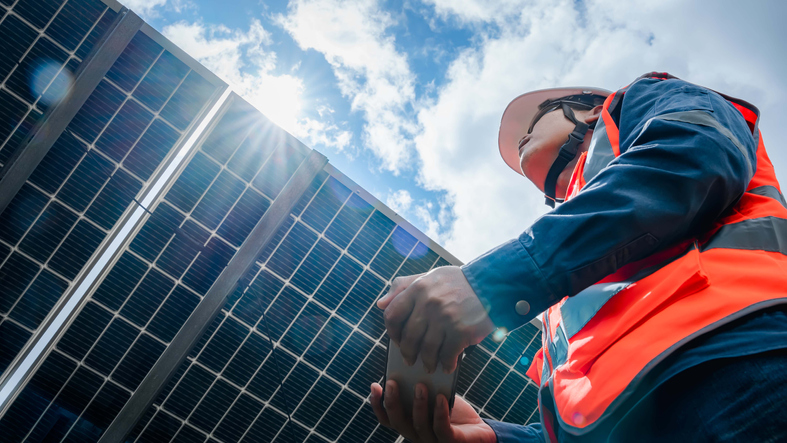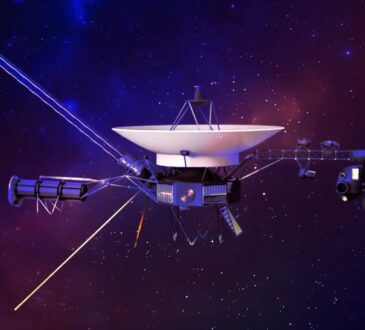
Solar power has become more and more mainstream all over the world within the past decade, but how can homeowners decide whether they want to be on-grid or off-grid with their solar panels? There are some significant differences to consider when choosing between these two options, so you’ll want to weigh them carefully before making your decision.
Both on-grid and off-grid solar power have their benefits, which can be found at any solar company in Calgary, as well as drawbacks, so let’s take a look at what they each offer you! Learn more about these solar power types in detail to have an overall better understanding before you make an investment!
What is On-Grid Solar Power?
In the simplest terms, on-grid solar power is the same as any other grid-connected solar installation. It uses the existing electricity infrastructure to create and deliver electricity to the consumer.
With an on-grid system, the solar panels generate electricity that travels through a series of power lines to your home. When you buy an on-grid system, you are not only helping yourself by reducing your dependence on fossil fuels but also contributing to a healthier environment by using clean energy sources.
What is Off-Grid Solar Power?
As you may have guessed, off-grid solar power refers to a solar installation that isn’t connected to an existing electricity grid. If you want to use only solar energy without dealing with lines, crews and utility bills, then an off-grid system may be right for you. Off-grid systems are more expensive than on-grid systems due to the cost of batteries and generators. Off-grid systems can also be challenging to install in colder climates like Canada because they require constant sun exposure, which means less sunlight in winter.
The Pros and Cons of On-Grid Solar Power
Choosing between on-grid and off-grid solar power for your home can take time and effort. On the one hand, you get to lock in a rate with your utility company; on the other hand, you need to have complete control over when you use power. Here are some factors that may help you decide which option is best for you.
While on-grid solar power can be more expensive, you have access to cleaner energy whenever you want it. Additionally, if you have a smart meter, you can log onto your utility company’s website and view your daily energy usage.
This way, you can see how much power is being generated by your solar panels and when it’s available. You can even schedule appliances to run during peak sun hours to lower your electric bills.
An off-grid solar power system does not rely on your utility company and will continue to provide power to your home no matter what. This gives you much more control over how and when you use energy, but it also means that if you’re not producing enough energy at one point, you may have to pay a lot more per kWh.
Which One Should I Choose for My Home?
For homeowners who are looking to get solar panels installed, the question of on-grid vs off-grid solar power may come up. Here’s a breakdown of the two options and when one might be better than the other.
On-grid solar systems are connected to your home’s main electricity grid through an inverter, which converts DC power generated by your solar panels into AC power used by most household appliances. With on-grid solar panels, you can seamlessly use as much of your electricity from them as you want, then sell any excess back to your utility company if you have extra.
Alternatively, off-grid solar systems require an alternate source of electricity from the grid to power your home. This could be through generators or batteries, which will need to be maintained and have their costs associated with them.
Conclusion
The choice between on-grid and off-grid solar power depends on your location, the size of the solar array you want to install, and how much electricity you use. For example, if you have a small household that doesn’t use many appliances during the day, then an off-grid system will work best. On the other hand, if any solar company in Calgary has a high demand for electric appliances during daylight hours, then an on-grid system may be better suited.




